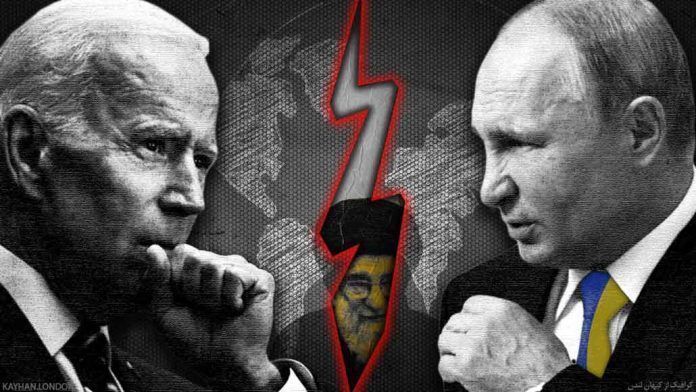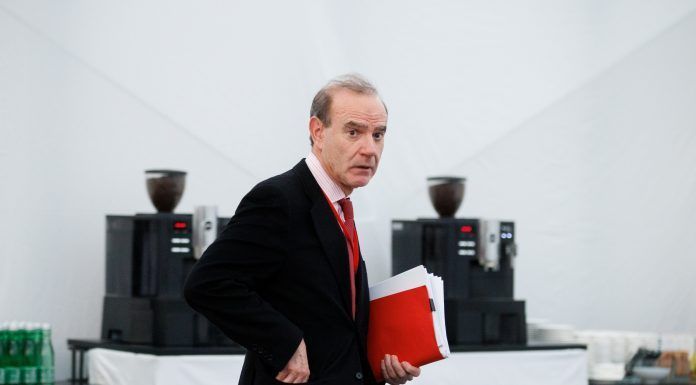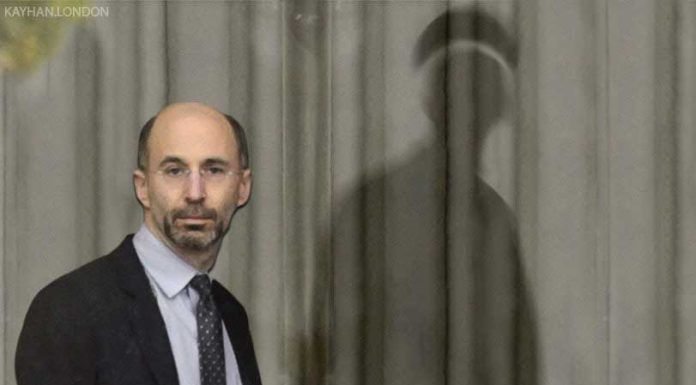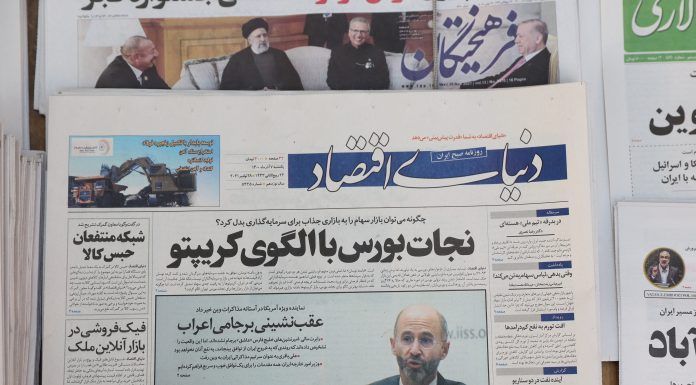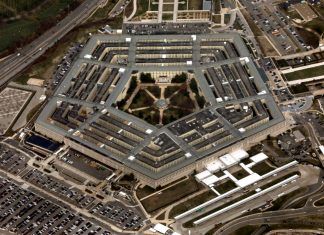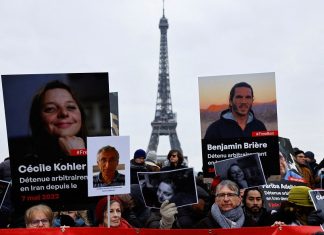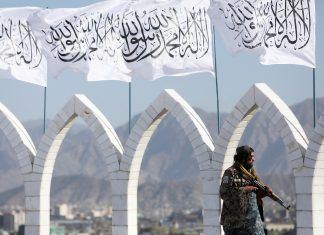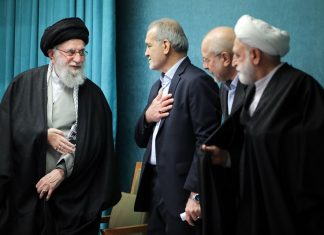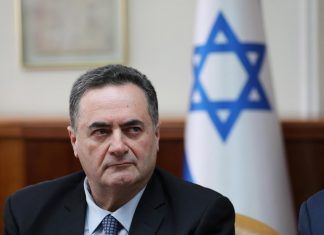By Ahmad Rafat
In comments reported by domestic and international news organizations, Iranian Foreign Ministry Spokesperson Saeed Khatibzadeh said that 98 percent of issues had been resolved during the recent round of talks in Vienna to revive the 2015 Joint Comprehensive Plan of Action (JCPOA), the Iran nuclear deal.
While most parties involved in the nuclear negotiations have been optimistic about a tangible and positive outcome, recent comments by Russian Foreign Minister Sergei Lavrov might torpedo the ongoing talks at Vienna’s Palais Coburg hotel. The Islamic Republic, the U.S., and other parties in the talks have always said they could reach no agreement until “all issues are resolved.”
The U.S. and European Union member countries have imposed stringent and crippling economic sanctions on Russia after Moscow launched an unprovoked attack against Ukraine and invaded the sovereign country. Foreign Minister Lavrov has asked the U.S. for a written guarantee that Russia-Iran trade relations would not be subject to any current or future sanctions if the Vienna talks result in the West easing or lifting all sanctions on Iran. Mr. Lavrov reiterated Russia’s position on this issue during a phone call to his Iranian counterpart Hossein Amir-Abdollahian.
“Just to clarify. There are no longer expert-level talks. Nor formal meetings. It is time, in the next few days, for political decisions to end the Vienna talks,” tweeted Enrique Mora, deputy secretary-general of European External Action Service (EEAS), who coordinates the Vienna talks. Mr. Mora is also Chief of Staff of Josep Borrell, High Representative for the Common Foreign and Security Policy of the European Union.
Some delegations at the Vienna talks, including the Iranian negotiating team, have returned to their respective countries for senior-level consultations. They hope to conclude the 11-month negotiations and sign a binding agreement.
A European diplomat involved in the Vienna talks told Kayhan life: “We discussed every issue. The ball is in the U.S. and Iran’s court now. They must decide if they can agree on an accord, or their redlines will prevent them from signing an agreement.”
“Iran got more than it expected during the current round of talks,” Mikhail Ulyanov, the head of the Russian delegation in the Vienna talks, told the Islamic Republic News Agency (IRNA). “Some vital issues remain unresolved, but they are insignificant compared to what has been accomplished so far. I believe there has been an unofficial agreement on the overall text of the agreement, but some issues remain, especially those which concern the Iranian delegation.”
There is no shortage of speculation and serious concern about the remaining issues.
Gabriel Noronha, the former U.S. State Department advisor on Iran, believes that President Biden’s government has agreed to all of Iran’s demands.
“Robert Malley [the US chief negotiator] has promised to lift sanctions on some of the regime’s worst terrorists and torturers, leading officials in the regime’s WMD [weapons of mass destruction] infrastructure, and is currently trying to lift sanctions on the IRGC [the Islamic Revolutionary Guards Corps] itself,” Mr. Noronha said in a tweet. “These concessions and other misguided policies have led three members of the U.S. negotiating team to leave.”
“Robert Malley negotiated an entirely separate agreement. It is much, much worse than the original JCPOA,” Noronha concluded.
Israel, which views a nuclear Iran as an existential threat to its security, opposed the 2015 JCPOA, negotiated by Britain, France, Germany, China, Russia, and the U.S. It believes the current agreement’s terms are far worse than the original JCPOA. The U.S. withdrew from the nuclear deal in May 2018 unilaterally. Since coming to office in January 2020, President Joe Biden and his administration have tried to reach a new agreement with Iran over its nuclear activities.
U.S. Secretary of State Antony Blinken and Israeli Foreign Minister Yair Lapid held talks in the Latvian capital Riga on March 7.
“We were unhappy about the JCPOA and are even unhappier with reviving the nuclear deal,” Mr. Lapid told reporters after he met with Mr. Blinken.
Speaking to reporters after a three-hour meeting with Russian President Vladimir Putin in Moscow on March 5 over the invasion of Ukraine and the Vienna talks, Israeli Prime Minister Naftali Bennett said: “Israel will not be bound by any agreement between those countries and Iran.”
“Israel will adopt a different approach than the one it took after the 2015 agreement,” Mr. Bennett said. “It will be relentless in its use of rapid military response to thwart the Islamic Republic’s plans.”
Rafael Grossi, the Director-General of the UN nuclear watchdog, the International Atomic Energy Agency (IAEA), who recently visited Tehran, has stressed that any agreement depends on the Islamic Republic’s willingness to clarify all ambiguities of its past nuclear activities.
IAEA Chief Says Nuclear Deal Not Possible Until Iran Resolves Its Issues With Agency
Mohammad Eslami, the head of Iran’s Atomic Energy Organization of Iran (AEOI), has told Mr. Grossi that Iran will respond to all inquiries in three separate stages before June 21. Any agreement reached in Vienna will go into effect only after Rafael Grossi has submitted a comprehensive report to the IAEA Board of Directors.
The IAEA is not only concerned about Iran’s past nuclear activities. According to the agency’s latest report, Iran has 32 kilograms of uranium enriched to 60 percent, doubling its stockpile since last November. Iran can make at least one nuclear bomb if it increases the purity of its 60 percent enriched uranium to 90 percent. That means Tehran has cut down the time it needs to make a bomb from six months to three months.

